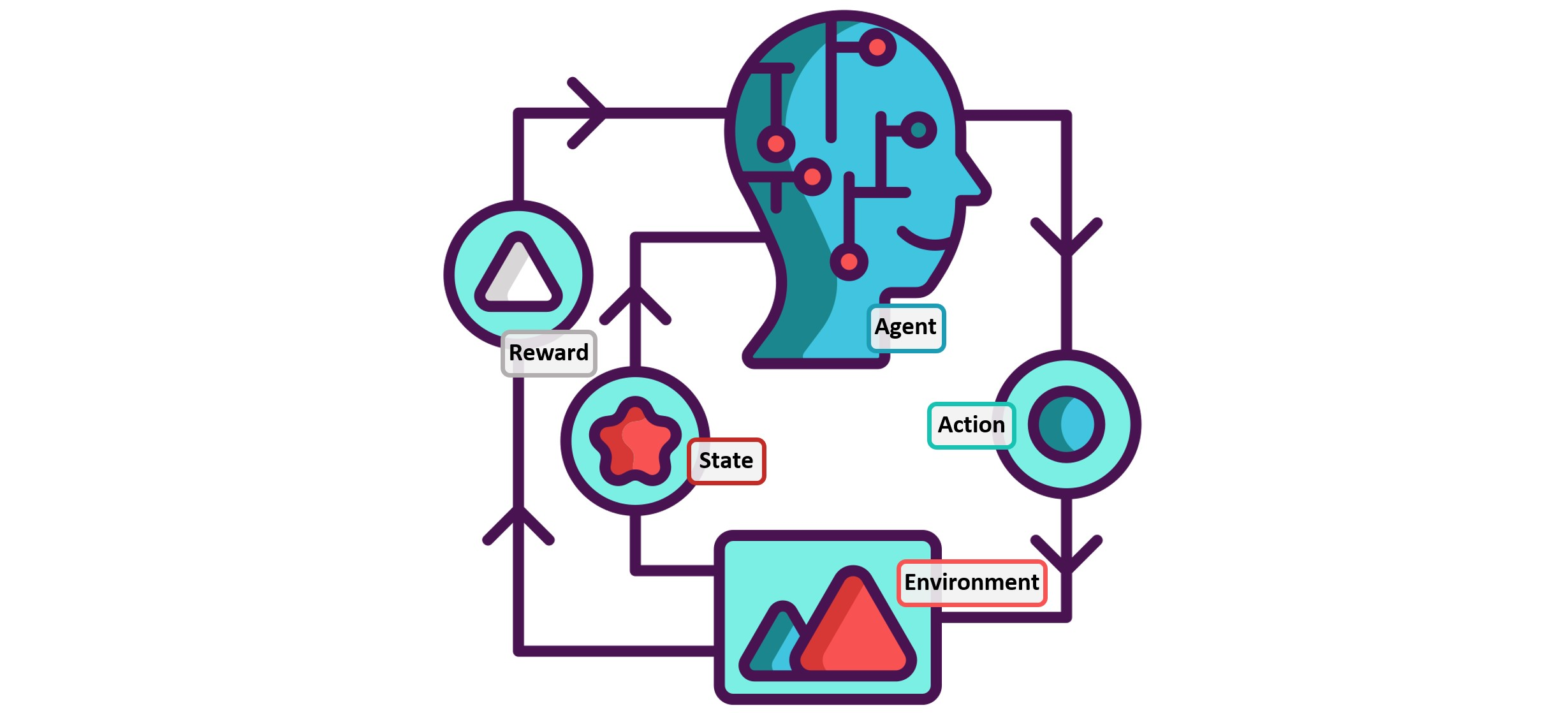Discover the cutting-edge realm of Reinforcement Learning (RL) within Artificial Intelligence (AI) and its profound implications across various domains. Dive into the mechanics, applications, and potential of RL as it shapes the future of technology.
Introduction
In the ever-evolving landscape of Artificial Intelligence (AI), one approach stands out for its ability to learn and adapt in dynamic environments: Reinforcement Learning (RL). While the concept of RL has been around for decades, recent advancements in computational power and algorithms have propelled it into the spotlight, showcasing its potential to revolutionize industries ranging from gaming to healthcare. This article delves into the intricacies of RL, exploring its mechanics, applications, and the profound impact it is poised to have on the future of technology.
Understanding Reinforcement Learning
At its core, Reinforcement Learning is a type of machine learning paradigm where an agent learns to make decisions by interacting with an environment to achieve a particular goal. Unlike supervised learning, where the algorithm is trained on labeled data, or unsupervised learning, where the algorithm identifies patterns without explicit guidance, RL relies on a system of rewards and punishments to guide the learning process.
The Mechanics of Reinforcement Learning
In RL, the agent interacts with its environment in a sequential manner, taking actions and receiving feedback in the form of rewards or penalties. These rewards serve as signals to reinforce or discourage certain behaviors, allowing the agent to learn optimal strategies over time. At the heart of RL lies the trade-off between exploration and exploitation, where the agent must balance the desire to discover new actions with the exploitation of known strategies to maximize cumulative rewards.
Applications Across Industries
The versatility of Reinforcement Learning lends itself to a myriad of applications across various industries:
- Gaming: RL has been particularly successful in the realm of gaming, where agents can learn to navigate complex environments and master intricate strategies. Games like Chess, Go, and video games have served as testbeds for RL algorithms, showcasing their ability to surpass human-level performance.
- Robotics: In robotics, RL enables robots to learn tasks such as grasping objects, navigating environments, and even playing sports. By continuously interacting with their surroundings, robots can adapt to unforeseen challenges and optimize their actions in real time.
- Finance: RL is also making waves in the world of finance, where algorithms are used to optimize trading strategies, manage portfolios, and mitigate risk. By learning from historical data and market trends, RL agents can make informed decisions in volatile financial markets.
- Healthcare: In healthcare, RL shows promise in personalized treatment planning, drug discovery, and medical diagnosis. By analyzing patient data and clinical outcomes, RL algorithms can recommend tailored interventions and optimize treatment protocols.
Challenges and Future Directions
Despite its promise, Reinforcement Learning faces several challenges, including sample inefficiency, scalability, and the need for robust exploration strategies. Addressing these challenges will be crucial in unlocking the full potential of RL and accelerating its adoption across industries. Future directions in RL research include enhancing the stability and reliability of algorithms, improving sample efficiency through meta-learning techniques, and exploring novel applications in emerging fields such as autonomous vehicles and smart cities.
Reinforcement Learning represents a paradigm shift in Artificial Intelligence, offering a powerful framework for learning and decision-making in dynamic environments. From gaming to healthcare, RL has demonstrated its ability to tackle complex problems and achieve human-level performance across various domains. As advancements in computational power and algorithms continue to propel the field forward, the potential applications of RL are virtually limitless. By harnessing the principles of reinforcement learning, we can unlock new frontiers in technology and usher in a future where intelligent agents collaborate seamlessly with humans to tackle the world’s most pressing challenges.
Would you like to explore more such informative articles and blogs? We provide a range of informative articles across different domains. Subscribe today to be part of our community!


